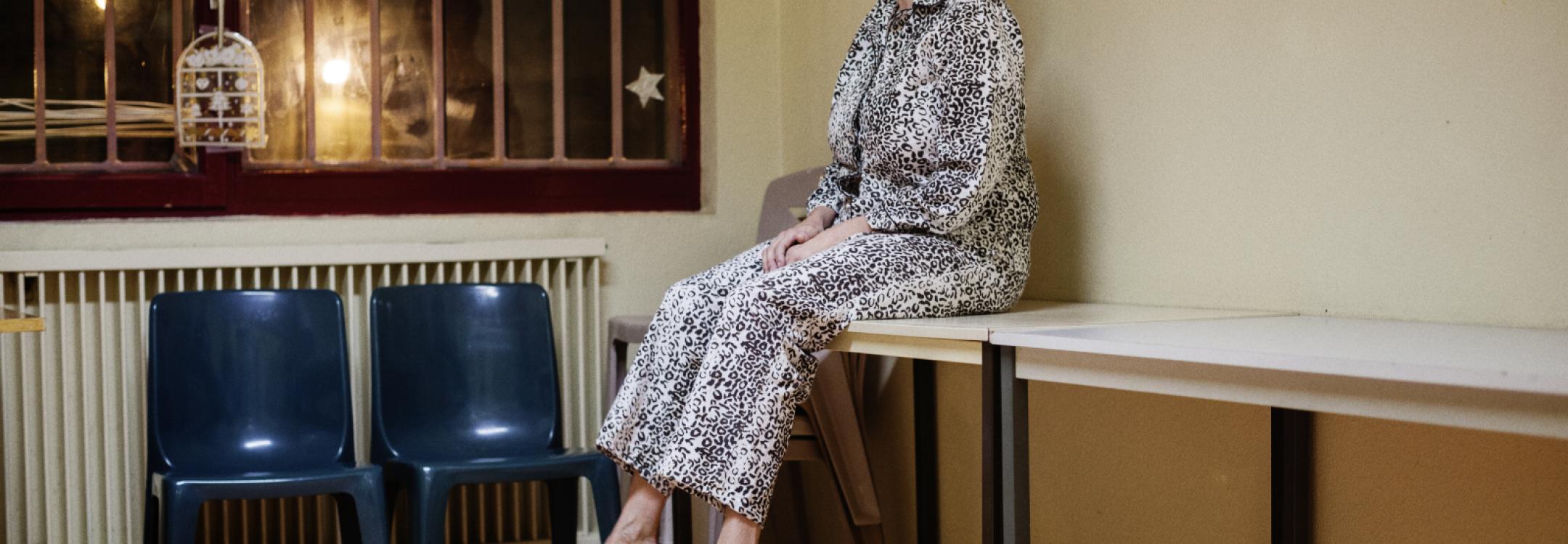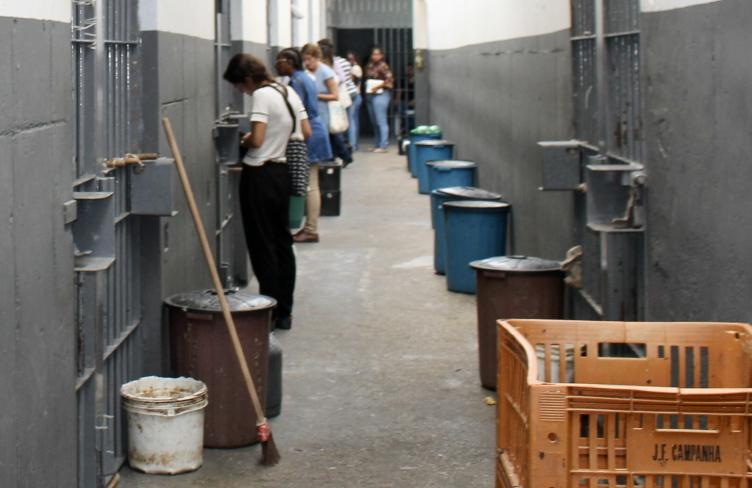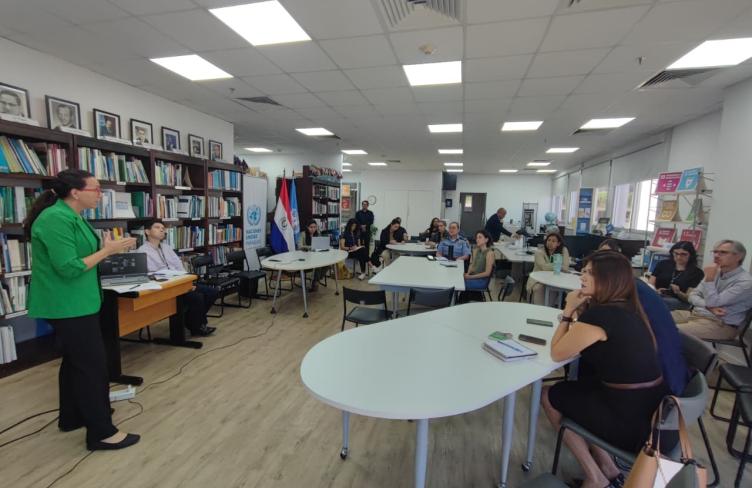
As the world’s population ages, the number of older persons deprived of liberty is continuing to grow. They often face discrimination and are forced into systems that fail to understand or respond to their needs, placing them in situations of heightened vulnerability.
Supporting detention monitoring teams to identify these risks is essential for safeguarding the rights of older persons deprived of liberty.
As we start the UN Decade of Healthy Ageing (2021-2030), the APT has conducted a series of activities to promote the rights and dignity of older persons in places of detention.
“One positive consequence of the COVID-19 pandemic is the increased awareness of the human rights concerns faced by older persons, including those deprived of liberty. It is important to use this as an opportunity to learn lessons and strengthen protection mechanisms.”
Claudia Mahler, UN Independent Expert on the enjoyment of all rights by older persons
On 15-17 June, in cooperation with the Office for Democratic Institutions and Human Rights of the OSCE (ODIHR), we convened the fourth Regional Meeting on Torture Prevention for National Preventive Mechanisms (NPMs) and Civil Society Organizations (CSOs) to discuss ‘“Older People Deprived of Liberty: Monitoring the Risks”.
The regional meeting opened with a webinar featuring keynote presentations from Claudia Mahler, UN Independent Expert on the enjoyment of all rights by older persons, and Dr Djordje Alempijevic, Member of the European Committee for the Prevention of Torture.
The discussions focused on the challenges and promising practices for monitoring the rights of older persons deprived of liberty, especially during COVID-19.
Over the following two days, NPMs and CSOs representatives shared their experiences of monitoring prisons and police facilities, as well as social care and private custodial settings. Some of the key issues raised included:
- An individualised approach is needed to adequately assess and respond to the needs of older persons in prison and other places of deprivation of liberty
- Innovative and flexible methodologies for monitoring may assist NPMs to better identify and address systemic risk factors for older persons, with a focus on preventing torture and other ill-treatment
- CSO expertise and strong community ties may assist NPMs and other monitoring bodies to better support older persons deprived of liberty; for instance, by facilitating their contact with the outside world and providing access to other services.
On 22 June, following the webinar, the APT launched a new tool for NPMs and other monitoring bodies: Older persons in detention: a framework for preventive monitoring.
Developed jointly with Penal Reform International (PRI), it provides analysis and practical guidance to help monitoring teams in their preventive mandate when visiting police facilities and prisons.
With input from NPMs and other experts, the publication includes practical guidelines to address systemic risk factors for older persons in detention within the criminal justice system, with a focus on preventing torture and other ill-treatment. It is also relevant for policymakers and staff working in detention facilities and highlights the negative effects of longer sentences on the prison population.
“NPMs from around the world have expressed their intention to monitor the particular situation of older persons deprived of liberty,” Alexis Comninos, APT Legal Adviser, said. “Together with its partners, the APT supports, and will continue to support, the work of NPMs to better protect their rights and dignity.”


